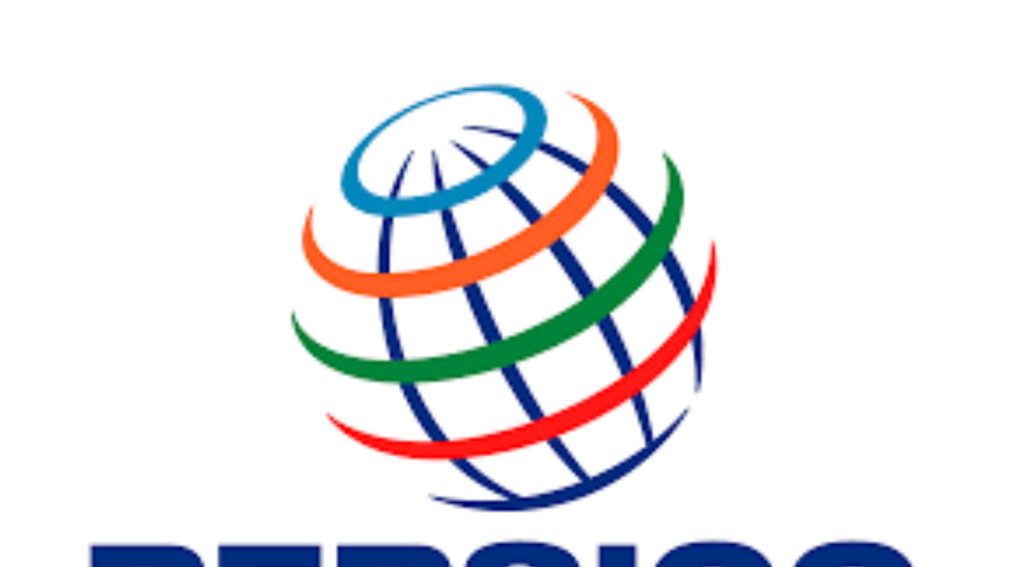PepsiCo has extended its net-zero greenhouse gas emissions goal by a decade to 2050.
The company has announced a revision of its sustainability targets across key areas: climate, packaging, agriculture, and water. These adjustments are attributed to “external realities affecting the pace of progress.”
Key Revisions Announced by PepsiCo:
Climate:
Net-zero goal:
Extended by a decade, now aiming for net-zero greenhouse gas emissions by 2050.
Scope 1 & 2 Emissions: The new target is a 50% reduction by 2030 (from a 2022 baseline), replacing the previous 75% reduction by 2030 (from a 2015 baseline).
Scope 3 targets:
Energy & Industry: Revised from a 40% reduction to 42% by 2030.
Forests, Land, and Agriculture (FLAG): Revised to 30% reduction by 2030.
Packaging:
Virgin plastic reduction:
The previous goal of a 20% reduction by 2030 has been replaced with a new objective to achieve an average 2% year-over-year reduction in absolute tonnage of virgin plastics through 2030, with a renewed focus on primary plastic packaging in important markets.
Reusable models:
PepsiCo is abandoning its goal of using reusable models for 20% of all beverage consumption by 2030. However, the company will continue its reuse initiatives as part of a larger objective for 97% of primary and secondary market packaging to be recyclable, biodegradable, or reusable by design by 2030.
Recycled content:
The objective for recycled content in plastic packaging has been revised from 50% to 40% or more by 2035.
These packaging revisions mirror those announced by Coca-Cola late last year.
Agriculture:
Regenerative agriculture:
The objective of encouraging the adoption of regenerative agriculture practices has been broadened from 7 million acres of land by 2030 to include 10 million acres of restorative, protective, or regenerative agriculture practices.
Water:
PepsiCo has revised its water targets to prioritize high-risk locations, aligning with its pledge to become “water positive” by 2030.
Despite these less aggressive short-term targets, the company asserts that its revised net-zero ambition remains in line with the 1.5°C global warming limit, as per Science Based Target Initiative (SBTi) guidance.
The company cited challenges such as the modernization of electric grids, the availability of cost-effective electric vehicles and charging infrastructure, the state of recycling and reuse infrastructure, and varying governmental approaches to sustainability as factors influencing these changes.
Jim Andrew, PepsiCo’s Chief Sustainability Officer and Executive Vice President, acknowledged the ongoing challenges and stated that the company’s “sustainability journey will not always be linear.” He emphasized the company’s commitment to transparency, economic resilience, positive environmental impact, flexibility, and continuous learning to foster a more sustainable food system.












